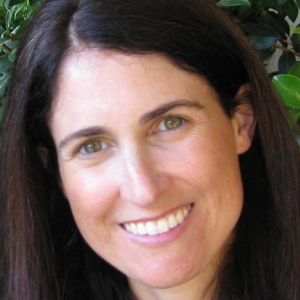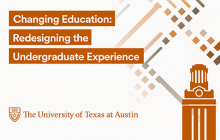Julia Clarke

Hands-on research experiences for undergraduates offer unique active-learning experiences with real-world questions. These experiences create communities and improve 4-year graduation rates. They may also help create a student body and alumni population that recognize the importance of the research mission of large R1 universities.
The limiting factor has been our ability to scale these research opportunities to serve large numbers of students in a meaningful way. Course-based approaches have been successful but reach a small fraction of our undergraduates. Many faculty see undergraduate involvement in their research as valuable to the students but too costly in time relative to benefit to their research program. We need to make it easier for faculty to enable these kinds of experiences.
Quantitative, analytical skill sets and the “curiosity to question” are vital in our economy of ideas but can be challenging to teach. One way to scale these experiences is for graduate students to be mentors or research collaborators with involved undergraduates. However, graduate students often do not receive training in appropriate and ethical research mentorship. My project creates a research methods, data analysis and visualization course framework that simultaneously trains graduate students in research mentorship.
My mission is to build a framework that works in any field at UT. All course materials would be readily available and would include a bank of resources from across the university for faculty to draw upon. This bank is in progress, including syllabi, course materials and web links from related classes.
Initiative

Curiosity to Question: a Multidisciplinary Open-Inquiry Course Focused on Research Design
Hands-on research experiences for undergraduates offer unique active-learning experiences with real-world questions. These experiences create communities and improve 4-year graduation rates. They may also help create a student body and alumni population that recognize the importance of the research mission of large R1 universities.
Impacts

UT Provost's Teaching Fellows Initiative (Changing Education: Redesigning the Undergraduate Experience)
The 2017 Provost's Teaching Fellows Steering Committee prepared this poster as part of the Symposium Changing Education: Redesigning the Undergraduate Experience, hosted by Project 2021 and the Faculty Innovation Center at UT Austin on March 30, 2017. The format included keynote presentations punctuated by short talks and plenty of time for discussions in breakout sessions.

